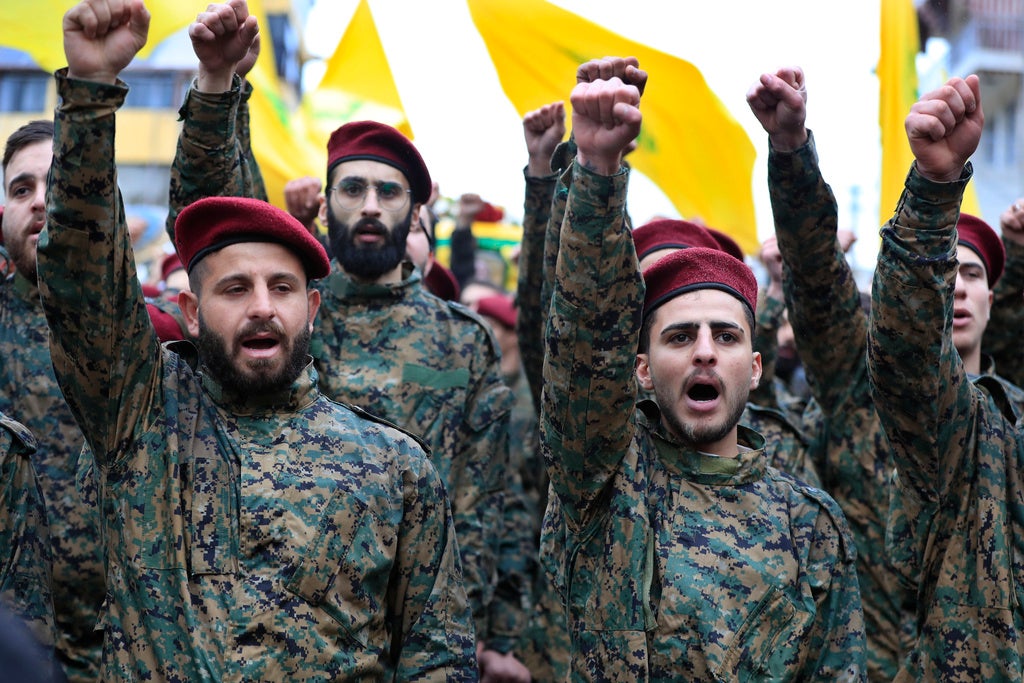CAPITOL HILL – The Iranian threat hovers over tensions in the Middle East as the hardline Islamic regime continues to fund proxies in the region. Senators on the Foreign Relations Committee put the issue front and center this week.
Members of the committee heard from experts about the ongoing threat Iran poses. Iran remains a destabilizing force in the Middle East as Israel fights to eradicate Hamas. Avoiding a larger conflict continues to be the goal of the U.S. but figuring out exactly how to do that remains tricky.
“From Syria to Yemen, to Iraq, to Lebanon. Iranian proxies are a serious lethal threat to our allies globally, our partners in the region, and the United States’ national security interests,” said Sen. Ben Cardin (D-MD).
The Iranian regime has influence or control over multiple terrorist groups across the Middle East. The Israeli defense minister warns they plan on using Ramadan to execute more terror attacks around Israel by using Hamas and Hezbollah to unleash violence in the region.
Iranian-backed proxies have already carried out dozens of attacks on U.S. forces since October, including one that killed three servicemen. The U.S. responded with strikes to Iranian-backed targets. Those strikes have reportedly caused Iran to scale back their attacks against American forces in the region.
“They recognize that they are outmatched by the United States and Israel and so they’re very hesitant to get into a direct conflict but they will push the envelope because they presume our willingness to push back is less than theirs, and our willingness to take risks is less than theirs,” said Dr. Suzanne Maloney from the Brookings Institution.
Republicans have been critical of how the Biden administration has dealt with Iran including unfreezing cash assets in return for hostages and the potential return to a nuclear deal.
“As Iran marches across the Middle East, the Biden administration has still not articulated a coherent Iran policy, outside of the nuclear negotiations. It’s time to change course,” said Sen. Jim Risch (R-ID).
***Please sign up for CBN Newsletters and download the CBN News app to ensure you keep receiving the latest news.***
Other members of the committee wanted to hear directly from the administration.
“I find it unfortunate that we don’t have a member of the administration here. I’d like to understand the logic for their current position, how it may have changed, what their views are going forward. It’s helpful to hear from experts such as yourselves, but you raise questions that really need to be responded to by the current administration,” said Sen. Mitt Romney (R-UT).
Former Special Envoy to Iran Brian Hook told Senators more crippling sanctions are needed to secure the region. “Money is the sinews of war, Iran understands that. If you don’t go after the money, it’s not a serious strategy,” he said.
Hook has been the target of Iranian threats since his time in the Trump administration and continues to have government security.
Ramadan begins in less than two weeks and the date is viewed by some as an unofficial deadline for a potential hostage exchange and ceasefire in Gaza.

